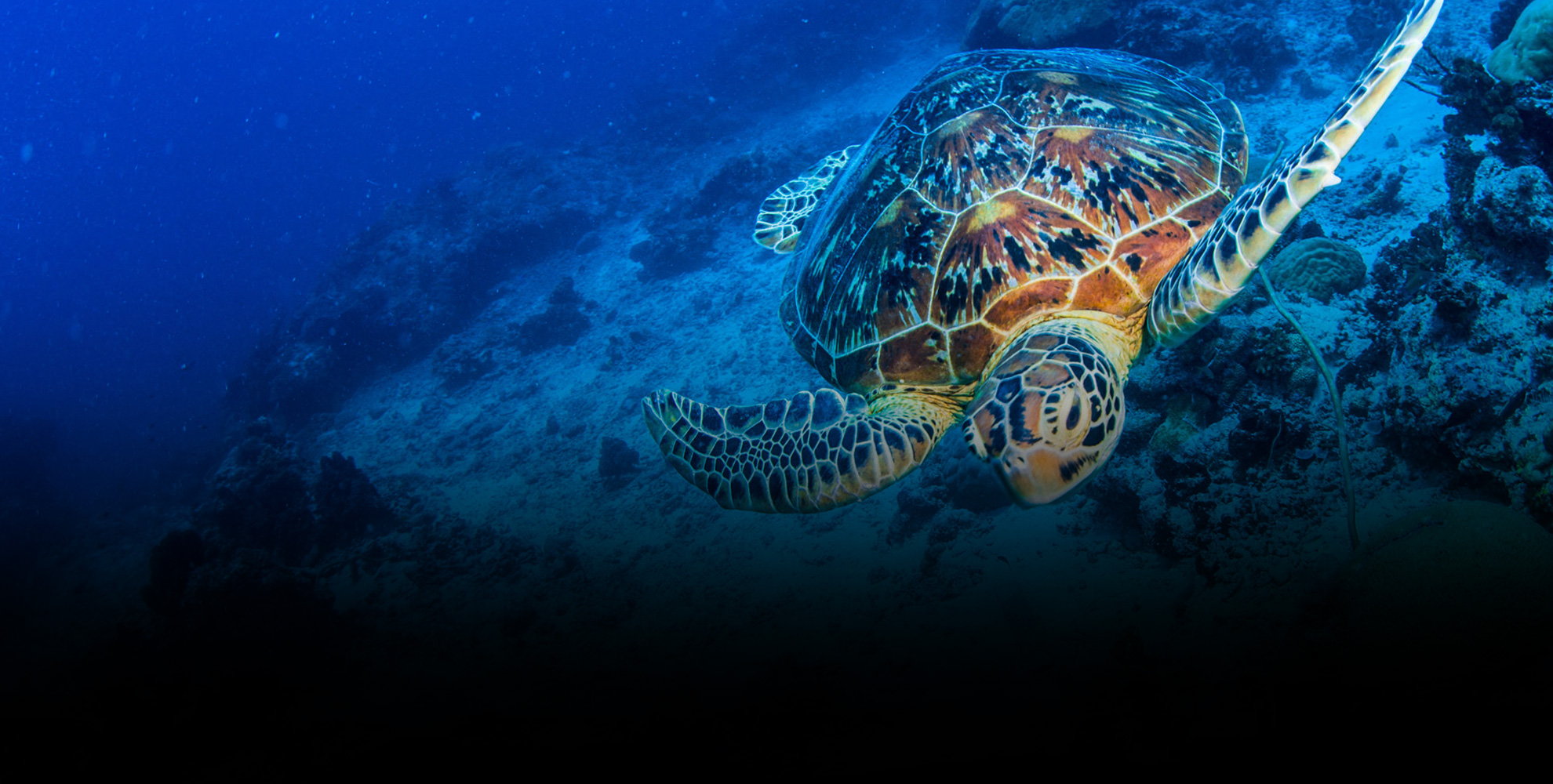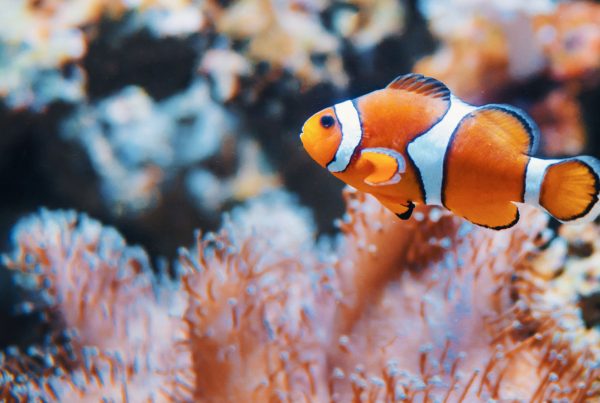According to Sea Turtle Conservancy organisation, light pollution is one of 2 most serious causes of death of baby sea turtles along the coasts. The organisation has been supporting the research projects in the field of biology and sea turtle protection for decades. Its studies are also largely dedicated to the effect of light pollution on sea turtles, as it causes their disorientation and, in the worst-case scenario, even death.
Long search for the ideal beach
Sea turtles lay their eggs on quiet sandy beaches into ca 50 cm deep holes. In the past, they did not have any problem finding a dark, quiet and deserted beach, where they could nest peacefully. Today, however, they fight with people for their beach territory. They are forced to submit to hotel resorts, houses and restaurants.
Artificial night light coming from the buildings discourages adult sea turtles from nesting in such places. If they are not able to find the right place for nesting even after several unsuccessful attempts, they are forced to settle for a less optimal environment or lay their eggs directly into the ocean. In both cases, there is almost no chance for baby turtles to survive. If the baby turtles manage to hatch, it does not necessarily mean they will survive.
Baby turtles are disoriented due to artificial light
Scientists assume that baby turtles have an inborn instinct which attracts them to the brightest point. In natural environment, this point would be the moon over the ocean which leads the baby turtles to dive into the water after they are born.
However, artificial light coming from the coast may make baby turtles disoriented. And so, after they are born, they set off in the opposite direction – towards houses, hotels or roads – instead of going to the sea. If they move away from their natural environment and wander towards artificial light, they mostly end up under the car wheels, as the food for predators or they die of dehydration. Tens of thousands of baby turtles get disoriented in this way each year, with large proportion of them dying.
Florida example might be a solution
A solution to the senseless dying of baby turtles could be reduction of the volume of unnecessary light on the beaches. An example can be found in Florida with light exchange programme in coastal areas that has been operating for several years. Activists gradually exchange the lights for more efficient, ecological and cost-saving ones. The project operates on 3 principles that not only protect the sea turtles, but also improve the quality of lives of other animals and people.
The basis of light change is not to use lamps which are too high. It is necessary to keep the light as low above the ground as possible, and the light should be directed downwards, not upwards. It is also necessary to shield the lights from some sides, so that they are only directed to the place which is to be illuminated. The light bulbs in these lights should use light with the wavelength of 580 nanometres or more. These are the colours of yellow, amber and red spectres which sea turtles either do not react to or they do not mind such a light.
Will anything change?
If we wanted to put a face on the fight against light pollution, it would be the face of a baby sea turtle. Changes in the behaviour of sea turtles were one of the first signals which indirectly pointed to the issue of light pollution.
The essence of the fight against light pollution is in very small, yet effective, changes. Each of us can participate. More effective use of lighting not only leads to the conservation of nature, but, after all, also to cost saving. The change can lead to a satisfied animal as well as to a satisfied human.



